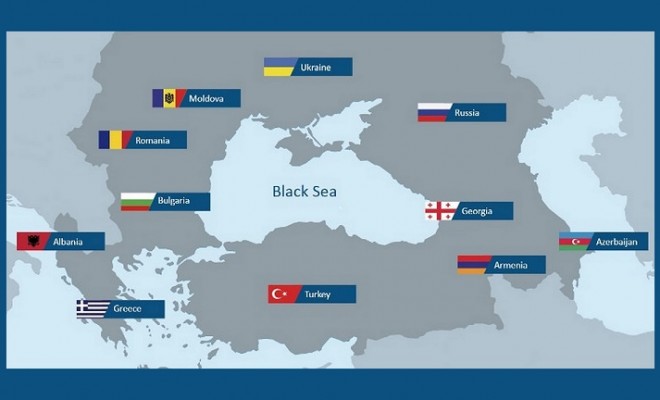
Black Sea Energy Supply Risks Must be Countered by a Coordinated Regional Response
With Russia increasing its efforts to divert the transit of natural gas via the new TurkStream corridor, the Black Sea’s littoral states must take coordinated action to reduce energy supply risks.
Ukraine’s Crimea Platform, an international platform launched last month to coincide with the 30th anniversary of the country’s independence, is designed to return international attention to Russia’s unlawful seizing of the peninsula in 2014 and the human rights abuses perpetrated by the occupying authorities.
The importance of the initiative, which secured the support of 46 countries and organisations, is far-reaching because, by putting the spotlight back on the annexation and subsequent militarisation of Crimea, it rekindles a much-needed debate on the security of the Black Sea region and the risks that are often underreported and underestimated.
One of these risks relates to the supply of natural gas to littoral states, three of which are NATO members (Bulgaria, Romania and Turkey) and two of which are NATO partners (Georgia and Ukraine).
The five countries are expected to increase their reliance on natural gas at least for the coming decade as a way to offset the EU-mandated closure of polluting coal-fired power plants, which have historically covered between 30–40% of regional electricity generation.
Although natural gas could be a comparably cheaper fuel than renewable forms of generation, sourcing it remains fraught with political risks because of Russia’s market dominance.
Συνέχεια ανάγνωσης εδώ
Πηγή: rusi.org




